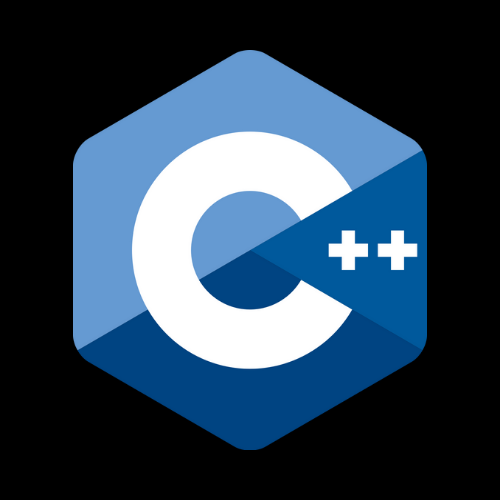Level: Advanced
1. Discuss the principles of code generation for modern processor architectures like x86-64 or ARM.
2. Explain the concept of global optimization in compiler design. Provide examples.
3. Discuss the challenges and strategies for implementing interprocedural optimization in compilers.
4. Describe the principles of loop fusion and fission in compiler optimizations.
5. Explain the concept of speculative optimizations and their impact on compiler-generated code.
6. Discuss the principles of whole-program optimization in compiler design.
7. Explain the principles of escape analysis and its role in optimizing memory management.
8. Discuss the challenges and strategies for implementing adaptive optimization in compilers.
9. Describe the principles of profile-guided optimizations and their benefits in compiler design.
10. Explain the principles of speculative parallelization and its application in compiler optimizations.
11. Discuss the role of hardware-specific optimizations (e.g., SIMD instructions) in compiler design.
12. Explain the principles of transactional memory and its impact on compiler optimizations.
13. Discuss the challenges and strategies for optimizing compiler-generated code for energy efficiency.
14. Describe the principles of dynamic binary translation and its application in compiler optimizations.
15. Explain the principles of speculative execution in compiler-generated code.
16. Discuss the principles of vectorization-aware compiler optimizations.
17. Describe the principles of advanced loop transformations (e.g., loop tiling) in compiler optimizations.
18. Explain the principles of machine learning-driven optimizations in compiler design.
19. Discuss the challenges and strategies for implementing speculative optimizations in parallel code.
20. Describe the principles of speculative scheduling and its impact on compiler optimizations.
21. Explain the principles of loop parallelization and its role in optimizing compiler-generated code.
22. Discuss the challenges and strategies for optimizing compilers for heterogeneous computing environments.
23. Describe the principles of autotuning and its application in compiler optimizations.
24. Explain the principles of adaptive loop unrolling and its impact on compiler-generated code.
25. Discuss the principles of software prefetching and its role in optimizing memory access patterns.
26. Describe the principles of data prefetching and its application in optimizing compiler-generated code.
27. Explain the principles of adaptive vectorization and its impact on compiler optimizations.
28. Discuss the challenges and strategies for implementing dynamic optimization frameworks in compilers.
29. Describe the principles of speculative parallelization in compiler optimizations.
30. Explain the principles of speculative inlining and its application in compiler-generated code.
31. Discuss the challenges and strategies for optimizing compilers for real-time systems.
32. Describe the principles of speculative register allocation and its impact on compiler optimizations.
33. Explain the principles of speculative scheduling and its application in compiler optimizations.
34. Discuss the challenges and strategies for optimizing compilers for embedded systems.
35. Describe the principles of speculative dead code elimination and its impact on compiler optimizations.
36. Explain the principles of speculative memory disambiguation and its application in compiler optimizations.
37. Discuss the challenges and strategies for optimizing compilers for high-performance computing (HPC).
38. Describe the principles of speculative control flow optimization and its impact on compiler optimizations.
39. Explain the principles of speculative loop reordering and its application in compiler-generated code.
40. Discuss the challenges and strategies for optimizing compilers for GPU architectures.
41. Describe the principles of speculative vectorization and its impact on compiler optimizations.
42. Explain the principles of speculative loop fusion and its application in compiler optimizations.
43. Discuss the challenges and strategies for optimizing compilers for distributed computing environments.
44. Describe the principles of speculative data layout optimization and its impact on compiler optimizations.
45. Explain the principles of speculative SIMD vectorization and its application in compiler optimizations.
46. Discuss the challenges and strategies for optimizing compilers for resource-constrained devices.
47. Describe the principles of speculative loop unrolling and its impact on compiler optimizations.
48. Explain the principles of speculative parallelization and its application in compiler-generated code.
49. Discuss the challenges and strategies for optimizing compilers for heterogeneous computing platforms.
50. Describe the principles of speculative program specialization and its impact on compiler optimizations.


